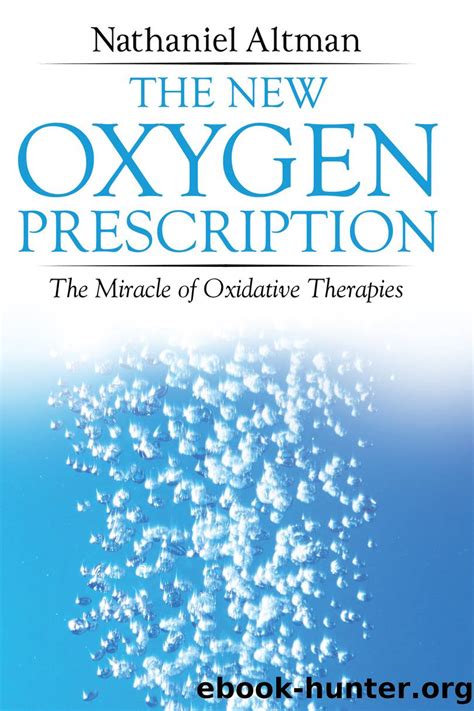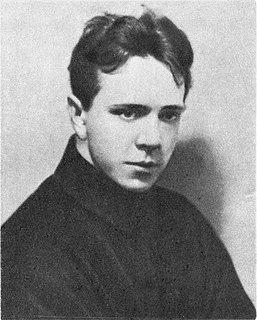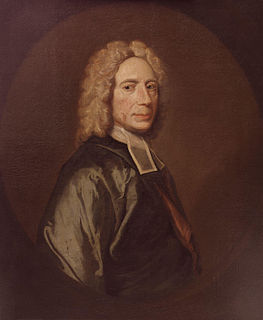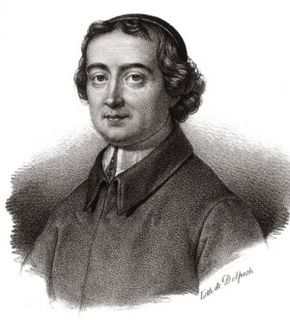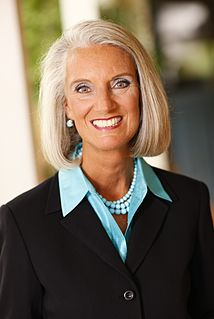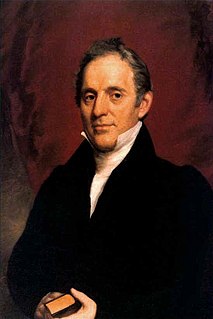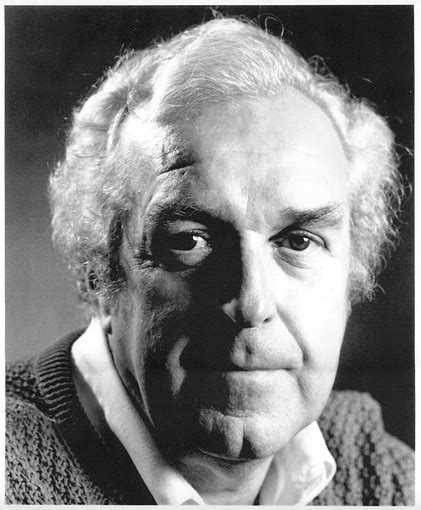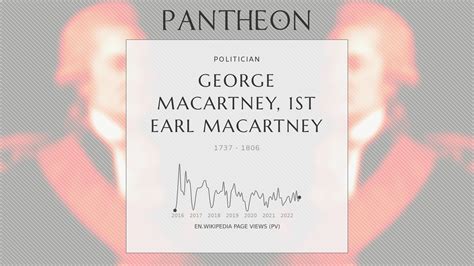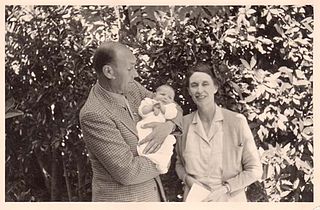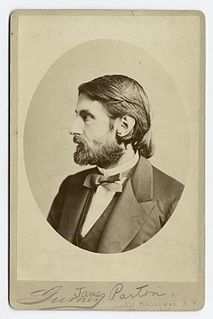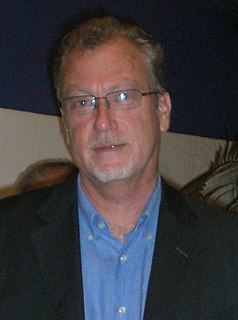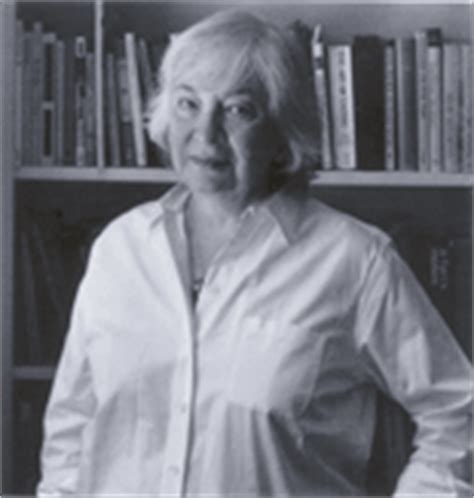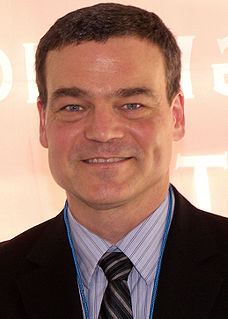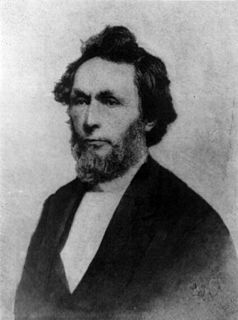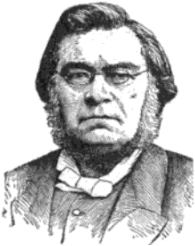A Quote by Oscar Romero
That we may give our body and our blood over to suffering and pain, like Christ - not for Self, but to give harvests of peace and justice to our People.
Related Quotes
The only answer in these modern times, as in all other times, is the blood of Christ. When our conscience rises up and condemns us, where will we turn? We turn to Christ. We turn to the suffering and death of Christ—the blood of Christ. This is the only cleansing agent in the universe that can give the conscience relief in life and peace in death.
An affectionate disposition not only makes the mind more peaceful
and calm, but it affects our body in a positive way too. On the
other hand, hatred, jealousy and fear upset our peace of mind, make
us agitated and affect our body adversely. Even our body needs peace
of mind and is not suited to agitation. This shows that an
appreciation for peace of mind is in our blood.
Although other animals cannot reason nor speak the way humans do, this does not give us the right to do with them as we like. Even though our supposed possession of a soul and superior intelligence are used to create an arbitrary dividing line over rights, the fact remains that all animals have the capacity to experience pain and suffering, and in suffering they are our equals.
People are beginning to realize that self-knowledge is not an end in itself. It's for the purpose of better relationships, so that we can give to our community. You can give from overflow. It's very hard to give from emptiness. . . . People who avoid self-knowledge cause a great deal of pain to themselves as well as to their families and friends.
Compassion allows us to use our own pain and the pain of others as a vehicle for connection. This is a delicate and profound path. We may be adverse to seeing our own suffering because it tends to ignite a blaze of self-blame and regret. And we may be adverse to seeing suffering in others because we find it unbearable or distasteful, or we find it threatening to our own happiness. All of these possible reactions to the suffering in the word make us want to turn away from life.
What is it that we in the theatre give? Instead of images on canvas or in the form of statuary or music, we give our body, voice, feelings, will, imagination — we give a form of pulsating art to life itself; we give it to our characters and we give it to our audiences. Nothing, absolutely nothing remains for us save the pleasure of having given pleasure.
It is in vain, sir, to extenuate the matter. Gentlemen may cry, “Peace! Peace!” — but there is no peace. The war is actually begun! The next gale that sweeps from the north will bring to our ears the clash of resounding arms! Our brethren are already in the field! Why stand we here idle? What is it that gentlemen wish? What would they have? Is life so dear, or peace so sweet, as to be purchased at the price of chains and slavery? Forbid it, Almighty God! I know not what course others may take; but as for me, give me liberty, or give me death!
Christ used the flesh and blood of Mary for his life on earth, the Word of love was uttered in her heartbeat. Christ used his own body to utter his love on earth; his perfectly real body, with bone and sinew and blood and tears; Christ uses our bodies to express his love on earth, our humanity. A Christian life is a sacramental life, it is not a life lived only in the mind, only by the soul... Our humanity is the substance of the sacramental life of Christ in us, like the wheat for the host, like the grape for the chalice.
Our Heavenly Father and our Savior, Jesus Christ, know us and love us. They know when we are in pain or suffering in any way. They do not say, ‘It’s OK that you’re in pain right now because soon everything is going to be all right. You will be healed, or your husband will find a job, or your wandering child will come back.’ They feel the depth of our suffering, and we can feel of Their love and compassion in our suffering.




